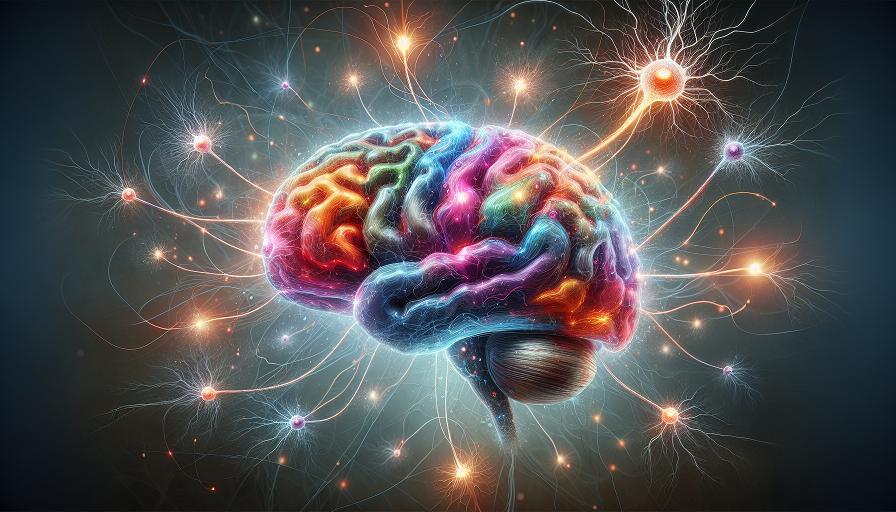
Executive function is the command center of your brain—it’s what helps you make decisions, stay focused, and adapt to new challenges. If it feels like your mental gears are grinding, matcha, a powdered green tea, might be the oil you need. Known for its vibrant green color and earthy flavor, matcha offers a unique blend of compounds that can sharpen your focus and enhance decision-making.
The Unique Combination of Catechins and Caffeine
Matcha stands out from regular green tea because of the way it’s prepared. The tea leaves are ground into a fine powder, allowing you to consume the entire leaf instead of just steeping it. This method packs a concentrated dose of two key components: catechins and caffeine.
Catechins, particularly epigallocatechin gallate (EGCG), are powerful antioxidants found in matcha. They protect neurons from oxidative stress and support the formation of new brain connections. By reducing inflammation in the brain, EGCG creates an optimal environment for executive functions like problem-solving and memory retention.
Then there’s caffeine, the well-known brain booster. But matcha’s caffeine is different. Thanks to L-theanine, an amino acid unique to tea, matcha provides a calm yet alert state of mind. L-theanine balances the stimulating effects of caffeine, preventing jitters and promoting alpha brainwave activity—a pattern associated with relaxation and focus. Think of it as having a productive conversation in your mind rather than a caffeine-fueled shouting match.
Together, catechins, caffeine, and L-theanine create a synergy that boosts attention, enhances memory, and supports sustained mental effort. This unique trio makes matcha a go-to choice for those seeking clarity without the crash.
Research on Matcha’s Impact on Decision-Making and Focus
Scientific studies have started to shed light on why matcha works so well for executive function. A study in Nutrients investigated the cognitive effects of matcha on attention and reaction time. Participants who consumed matcha performed better on tasks requiring sustained focus and quick decision-making compared to a placebo group. The researchers credited the balanced combination of caffeine and L-theanine for these improvements.
Another study published in Food Research International examined how matcha affects working memory and mental clarity under stress. Participants who drank matcha reported feeling calmer and performed better on problem-solving tests than those who didn’t. This suggests that matcha’s L-theanine content helps mitigate the effects of stress, a major disruptor of executive function.
Matcha may also support long-term brain health. Research in Nutritional Neuroscience explored how EGCG influences neuroplasticity, the brain’s ability to adapt and form new connections. The study found that regular consumption of catechins like those in matcha could enhance learning and memory by promoting the growth of new neural pathways.
If you’re looking to incorporate matcha into your routine, here are a few tips:
- Start Small: Begin with half a teaspoon of matcha powder mixed with hot water and adjust to your taste.
- Pair It Right: Combine matcha with a protein-rich snack for sustained energy.
- Experiment with Recipes: Enjoy matcha in lattes, smoothies, or even baked goods for variety.
- Choose Quality: Look for ceremonial-grade matcha for the best flavor and nutrient profile.
- Time It Well: Drink matcha 30 minutes before tasks that require intense focus or decision-making.
Matcha isn’t just a trendy beverage—it’s a tool for sharpening your brain’s executive function. With its unique blend of catechins, caffeine, and L-theanine, it provides the perfect balance of energy and calm to help you make better decisions, stay focused, and tackle challenges with clarity. Whether you’re navigating a tough workday or studying for an exam, a cup of matcha could be your secret weapon for mental excellence.

